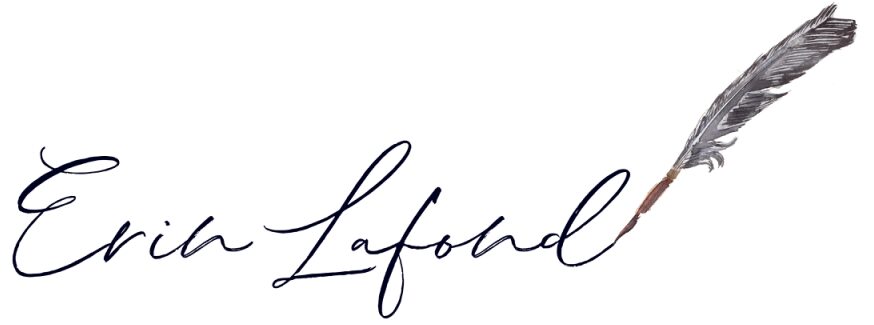Create a Writing Plan
Last updated on March 17th, 2023 at 07:15 am
There are multiple benefits to creating a writing plan. It can help keep you motivated by giving you goals to hit. It can also give you an excuse to stop or slow down if that’s what you need. It also gives you a chance to break your work down into manageable chunks.
A friend of mine took the plan that I made for her and actually ended up exceeding the page number goal. So, how do you create a writing plan? Well, this is where I tend to differ from what maybe other writers would suggest.
I come from an academic background which means when I think about creating a writing plan, I think about creating a syllabus. For those of you who don’t know, a syllabus is basically an outline of a course. It breaks down the teacher’s policies, the kind of things you’ll be covering, the books you’ll need, and what is expected of you every week. It’s a bit excessive, but I swear it works. So, let’s break down what this syllabus would look like.
The Basics
Your writing plan begins with the working title of your book and when you want your requirements to be “due.” I typically do Friday or Saturday night as a “due” date. The most important thing is your goal. How much work do you want to get done? I recommend making your goal based on word count. Using number of pages can get wonky. You can also add goals like a fully fleshed out magic system or complete character descriptions. Whatever you feel you need to get done.
Then, you want to figure out your rewards based on your grades. Typically, I only allow A+, A, and B. It’s impossible to fail because you’ll be doing a good amount of work no matter what. All grades should get you some type of basic reward. My initial B grade was that I could buy a couple new books. So, set your rewards.
Required Texts and Materials
This part is going to require some research. Or maybe not. Maybe you’ll just go to your Goodreads to-read shelf and stuff some books in.
The point is to try and find books that will help you specifically improve your writing or story. When I did my first syllabus it was based on the fantasy genre. I wanted to understand the history of the fantasy genre so I could understand where I was drawing from and where all the conventions came from. So, I did some research and figured out what books started the genre.
The number of books you’ll have depends on if you’re looking for an undergraduate or graduate level of work. A typical syllabus lasts sixteen weeks. So you’ll need sixteen books for the graduate level (one book per week) and roughly half that for an undergraduate level (1-3 books per month). However, your required texts can also include short stories, movies, YouTube videos, or articles. Anything you want to consume can go in here.
Schedule
This is probably the most important part of your writing plan because this is when you break down the exact path you’re going to take to meet your goals. Factor in life, and be reasonable. If your week thirteen has Thanksgiving in the middle, you might want to exclude a reading or lower your word count. You might want to take it off completely. Don’t push yourself so hard that you’re not meeting your goals every week. If you have a book that you know will be particularly difficult, you might want to pair it with a week that requires less writing. Be kind to yourself, and make goals that you can actually hit.
There you go. That’s how to create your own writing plan, or as I call it, a syllabus. I hope this is helpful. This plan can be modified based on whatever you want. You can even use it to generate short stories or a movie script. What are your writing goals? Comment below, and let me know!
Do you want to save yourself some work by getting my syllabus outline? It’s in my resource library, which you can access by signing up for my email list!


One Comment